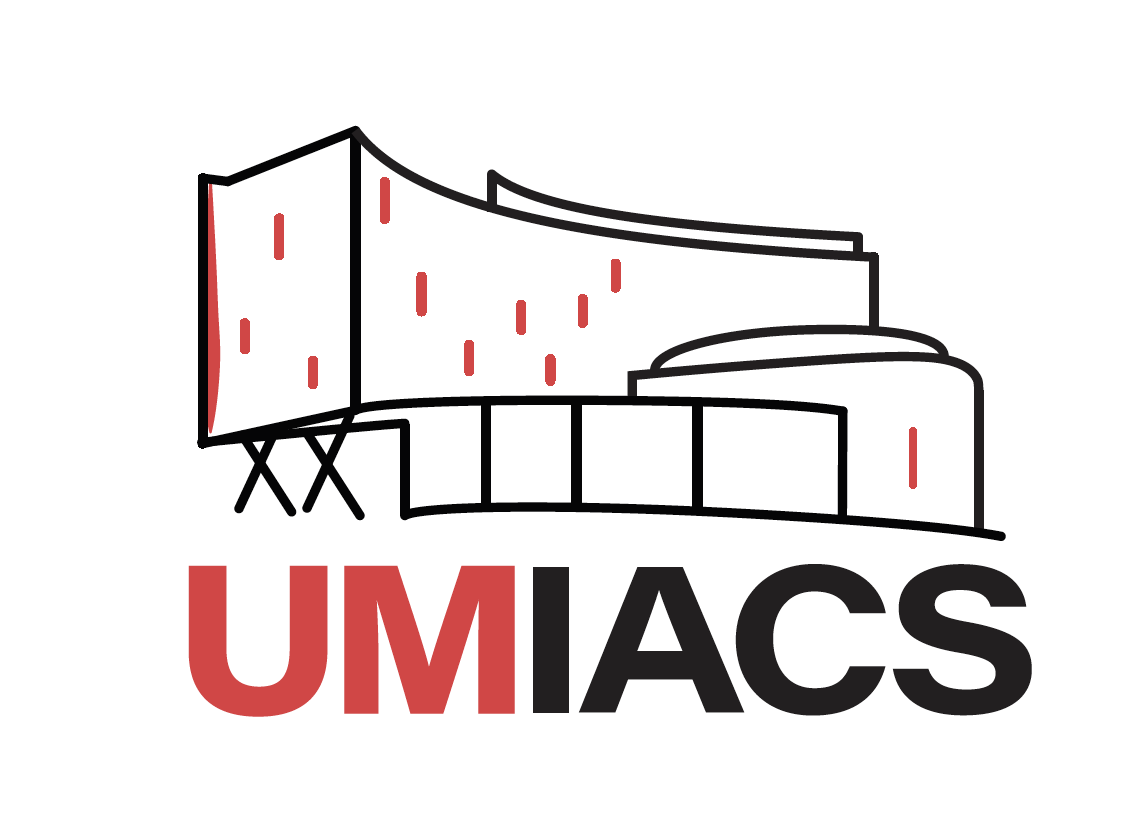
In recognition of their continued excellence in research, scholarship and service, five faculty members in the University of Maryland Institute for Advanced Computer Studies (UMIACS) have received academic promotions from their respective departments.
Marine Carpuat (computer science), Vanessa Frias-Martinez (iSchool), Michelle Mazurek (computer science), Rob Patro (computer science), and Dana Dachman-Soled (electrical and computer engineering) have each been promoted from assistant professor to associate professor with tenure.
The academic promotions for Carpuat, Mazurek, Patro and Dachman-Soled are effective on July 1; the promotion for Frias-Martinez takes place in August.
“Marine, Vanessa, Michelle, Rob and Dana are all known for their outstanding research and strong commitment toward educating and mentoring students. They are a tremendous asset to our institute, their home departments, and the university as a whole,” says Mihai Pop, professor of computer science and director of UMIACS.
Carpuat’s research in the Computational Linguistics and Information Processing (CLIP) Lab focuses on multilingual natural language processing and statistical machine translation. She designs computational models that use second languages as meaningful annotation to make language processing applications more accurate, robust and useful.
Frias-Martinez is also a member of the CLIP Lab and does the majority of her research in her own Urban Computing Lab. The focus of her work is on building mathematical models that explain human behavior. This includes examining human interaction with the built-in environment in cities, and how those interactions might change due to events like natural disasters, economic crises or forced migrations.
Patro’s research in the Center for Bioinformatics and Computational Biology (CBCB) focuses on the design of algorithms and data structures for processing, organizing, indexing and querying high-throughput genomics data. His interests also extend to programming languages, computer graphics, scientific visualization, parallel computation and machine learning.
Both Mazurek and Dachman-Soled are core faculty members in the Maryland Cybersecurity Center (MC2).
Mazurek’s research focuses on human-centered computer security, understanding and influencing security and privacy behaviors and preferences by collecting real data from real users. Her recent work includes making security easier for professionals such as system administrators and software developers, understanding how and why end-users learn and apply security behaviors, and investigating adoption of end-to-end encrypted messaging.
Dachman-Soled research involves cryptography, complexity theory and security. This includes security against physical attacks, post-quantum cryptography, secure multiparty computation, and black-box complexity. Her research also extends to property testing of Boolean functions and cryptographic hardness of learning.